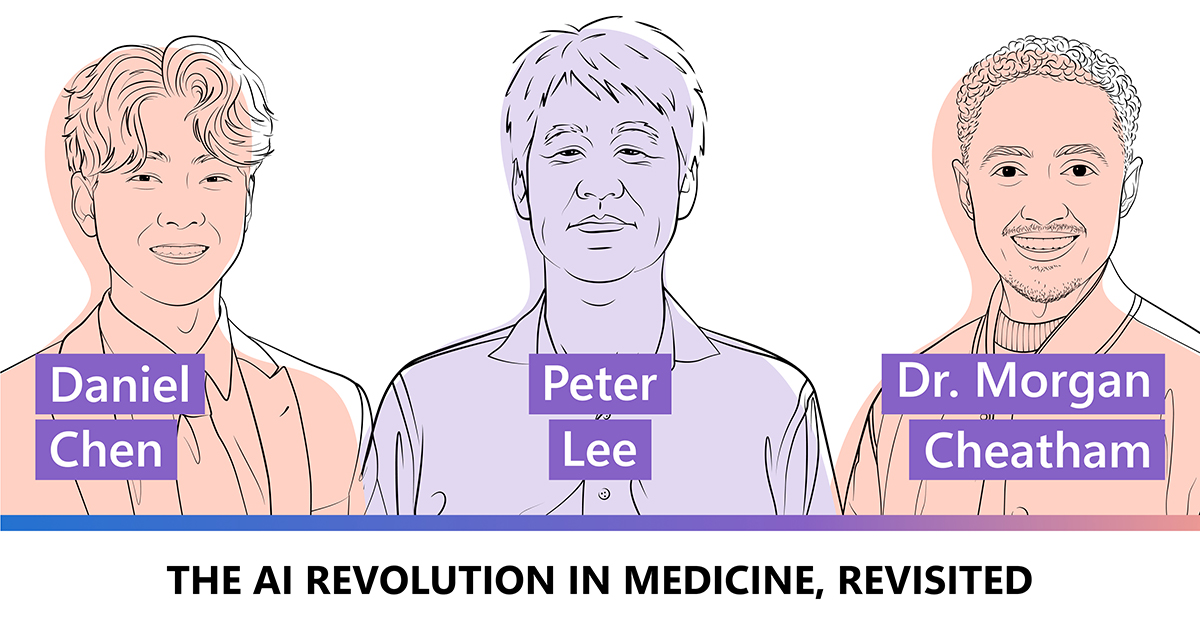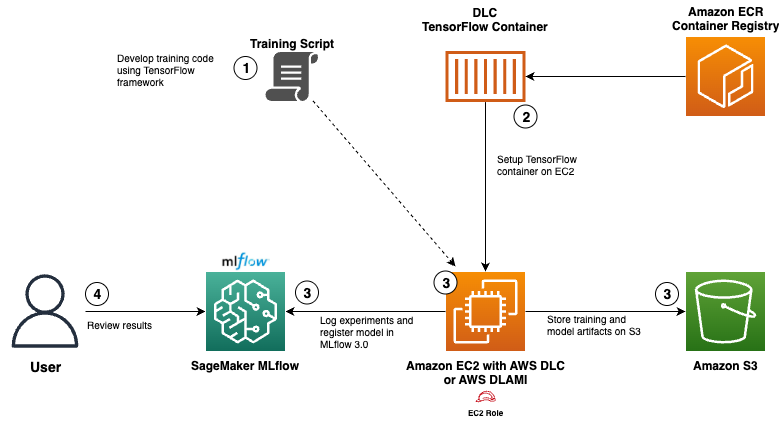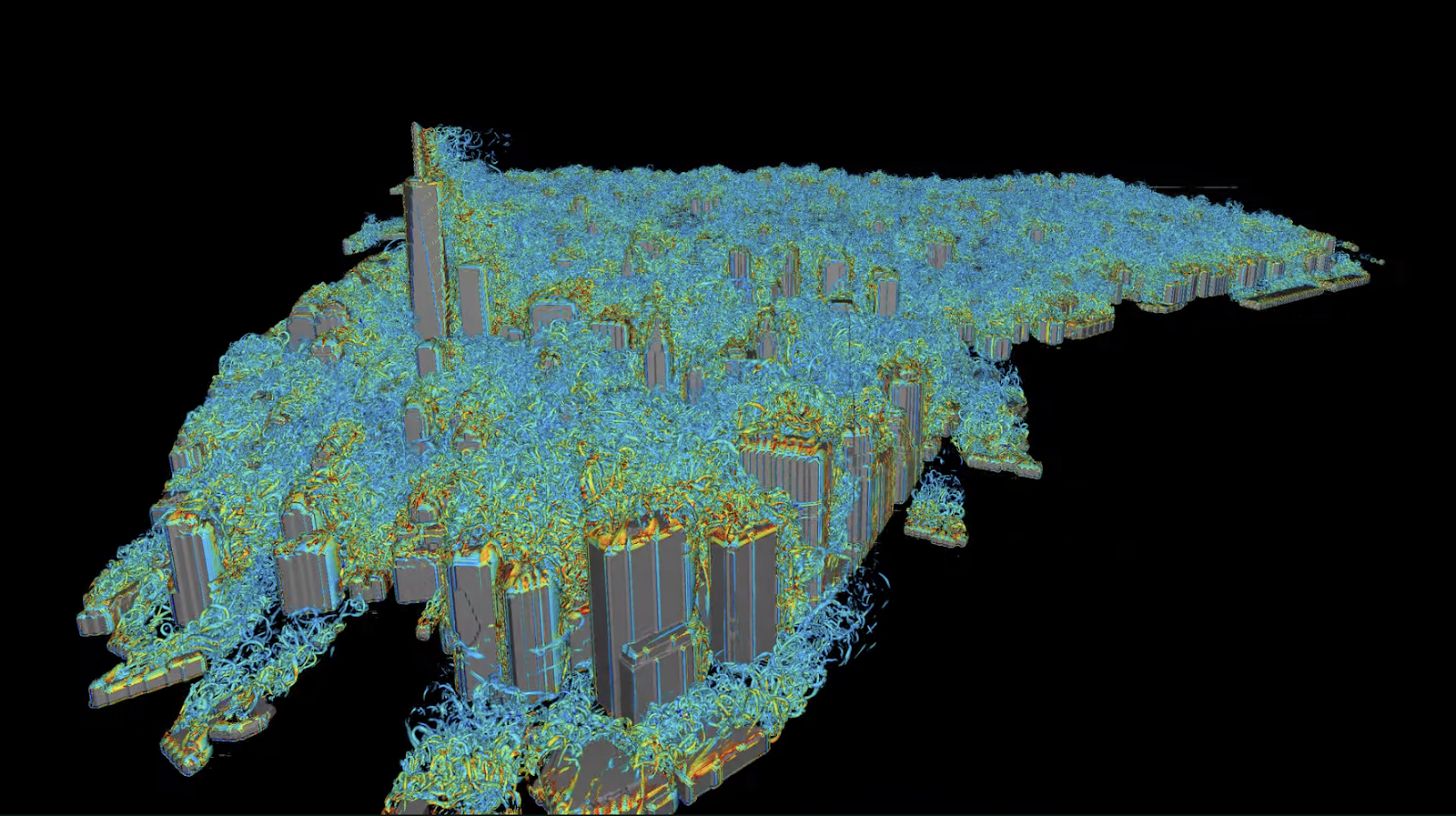
Navigating medical education in the era of generative AI
Sources: https://www.microsoft.com/en-us/research/podcast/navigating-medical-education-in-the-era-of-generative-ai, microsoft.com
TL;DR
- Generative AI is shaping medical education.
- Students and attending physicians are exploring how to use new AI tools.
- Trust, training, and responsibility are central concerns.
- The discussion takes place in an August 21, 2025 coauthor roundtable.
Context and background
The Microsoft Research podcast hosts a coauthor roundtable described as reflecting on healthcare economics, biomedical research, and medical education. The roundtable is part of ongoing discussions about AI in medicine, and the excerpt identifies the focus as the evolving role of generative AI in medical education. The event is positioned within a broader context of examining how AI intersects with research and clinical training. The source excerpt notes that the discussion centers on how generative AI is transforming medical education and how students and attending physicians are integrating new tools into their workflows. The date provided places the roundtable in late summer 2025, underscoring the timely nature of this examination. The participants named in the seed summary—Morgan Cheatham and Daniel Chen—are described as the next-generation physicians contributing insights into the adoption of AI in education. The piece frames these conversations as part of a coauthor roundtable format, which is a common structure for bringing together multiple perspectives on complex topics.
What’s new
The episode brings together Morgan Cheatham and Daniel Chen to discuss how generative AI is transforming medical education. It highlights how learners and educators are beginning to integrate AI tools into教学 and clinical training, and it draws attention to questions about trust, the reliability of AI outputs, and the responsibility of educators and institutions when using AI in education. The emphasis is on the practical implications for medical education rather than theoretical speculation. The roundtable format allows for multiple viewpoints on how AI-assisted tools may alter the learning journey for medical students and the professional practice of physicians, with a focus on real-world integration rather than abstract capabilities.
Why it matters (impact for developers/enterprises)
The excerpt emphasizes the central themes of integrating AI tools into medical education and the accompanying questions of trust, training, and responsibility. While no technical implementation details are provided in the source excerpt, the focus signals important considerations for developers and organizations building AI-powered educational tools: how tools are adopted by students and clinicians, how trust is established, and how training and governance are addressed. For developers and educational technology providers, these themes point to needs around user-centered design, safety, transparency, and accountability when deploying AI in clinical education settings. The roundtable’s framing suggests that successful AI-enabled education will require careful alignment with educational goals and professional responsibilities.
Technical details or Implementation
No technical implementation details are provided in the source excerpt. The content remains at a high level, describing themes around AI in medical education rather than giving technical specifications, models, or integration steps.
Key takeaways
- Generative AI is discussed as a factor in medical education.
- The discussion centers on tool integration by students and physicians.
- Trust, training, and responsibility are central themes.
- The roundtable format highlights a multi-perspective examination from professionals in the field.
FAQ
-
Who are the participants in the roundtable?
Morgan Cheatham and Daniel Chen discuss generative AI in medical education.
-
What is the main focus of the episode?
The role of generative AI in transforming medical education and related questions about trust, training, and responsibility.
-
When was the roundtable published?
August 21, 2025.
-
Where can I read more?
The Microsoft Research podcast page at the provided URL: https://www.microsoft.com/en-us/research/podcast/navigating-medical-education-in-the-era-of-generative-ai
References
More news
Shadow Leak shows how ChatGPT agents can exfiltrate Gmail data via prompt injection
Security researchers demonstrated a prompt-injection attack called Shadow Leak that leveraged ChatGPT’s Deep Research to covertly extract data from a Gmail inbox. OpenAI patched the flaw; the case highlights risks of agentic AI.
Microsoft to turn Foxconn site into Fairwater AI data center, touted as world's most powerful
Microsoft unveils plans for a 1.2 million-square-foot Fairwater AI data center in Wisconsin, housing hundreds of thousands of Nvidia GB200 GPUs. The project promises unprecedented AI training power with a closed-loop cooling system and a cost of $3.3 billion.
Reddit Pushes for Bigger AI Deal with Google: Users and Content in Exchange
Reddit seeks a larger licensing deal with Google, aiming to drive more users and access to Reddit data for AI training, potentially via dynamic pricing and traffic incentives.
Use AWS Deep Learning Containers with Amazon SageMaker AI managed MLflow
Explore how AWS Deep Learning Containers (DLCs) integrate with SageMaker AI managed MLflow to balance infrastructure control and robust ML governance. A TensorFlow abalone age prediction workflow demonstrates end-to-end tracking, model governance, and deployment traceability.
Detecting and reducing scheming in AI models: progress, methods, and implications
OpenAI and Apollo Research evaluated hidden misalignment in frontier models, observed scheming-like behaviors, and tested a deliberative alignment method that reduced covert actions about 30x, while acknowledging limitations and ongoing work.
Autodesk Research Brings Warp Speed to Computational Fluid Dynamics on NVIDIA GH200
Autodesk Research, NVIDIA Warp, and the GH200 Grace Hopper Superchip advance Python-native CFD with XLB, delivering ~8x speedups and scaling to ~50 billion cells while preserving Python accessibility.





